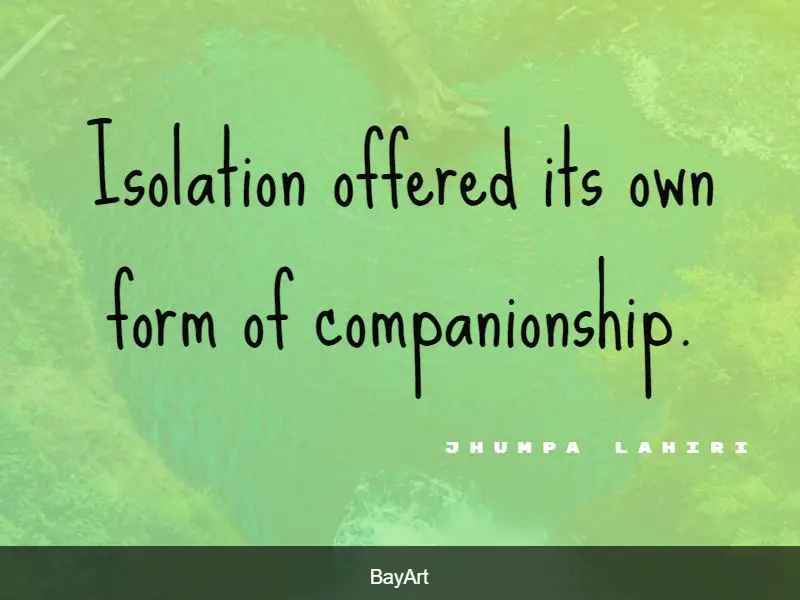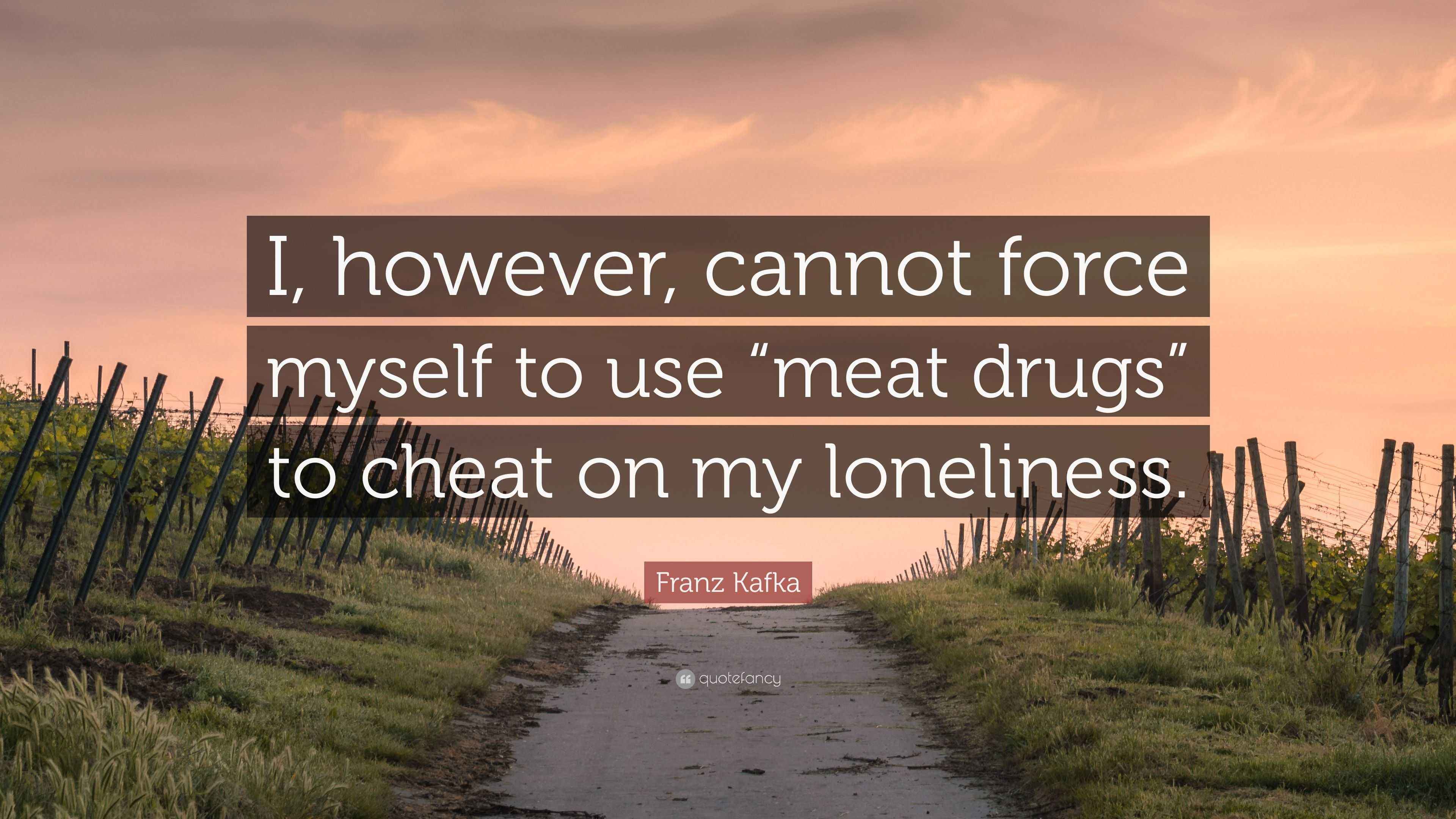

Despite his creature-like appearance, this is a very human story of a man faced with the greatest of disruptions to his life. His strife, horror, loss, and death are much more the focus than is the fact that he was transformed into a giant bug. Fact is, I'd come to reclaim myself.Gregor’s emotional and mental development, as well as his changing perspective on his situation, are the main focus of the short novel. I could drink my coffee, read my book, pass the time of day without any special thought, all because I was part of the regular scenery. But I had never felt this loneliness there. Of course, by the same token, I couldn't really say I belonged to Tokyo and its coffee shops. In spite of which - or, rather, all the more because - here I was, sitting in this coffee shop, drinking my coffee, feeling a desperate loneliness. Transplant this coffee shop scene to Yokohama or Fukuoka and nothing would seem out of place.

Lovers were whispering to each other, businessmen were poring over spread sheets, college kids were planning their next ski trip and discussing the new Police album. All around me normal, everyday city types were going about their normal, everyday affairs. Meanwhile, Murakami has been described by Gary Fisketjon, the editor of Murakami's collection The Elephant Vanishes (1993), as a "truly extraordinary writer", while Steven Poole of The Guardian praised Murakami as "among the world's greatest living novelists" for his oeuvre.Īlong the way I stopped into a coffee shop. He has sometimes been criticised by Japan's literary establishment as un-Japanese, leading to Murakami's recalling that he was a "black sheep in the Japanese literary world".
Franz kafka quotes about isolation series#
Murakami has also published five short story collections, including his most recently published work, First Person Singular (2020), and non-fiction works including Underground (1997), inspired by personal interviews Murakami conducted with victims of the Tokyo subway sarin attack, and What I Talk About When I Talk About Running (2007), a series of personal essays about his experience as a marathon runner.His fiction has polarized literary critics and the reading public. His official website lists Raymond Chandler, Kurt Vonnegut, and Richard Brautigan as key inspirations to his work, while Murakami himself has cited Kazuo Ishiguro, Cormac McCarthy, and Dag Solstad as his favourite currently active writers. His work spans genres including science fiction, fantasy, and crime fiction, and has become known for its use of magical realist elements. His notable works include the novels Norwegian Wood (1987), The Wind-Up Bird Chronicle (1994–95), Kafka on the Shore (2002), and 1Q84 (2009–10), with 1Q84 ranked as the best work of Japan's Heisei era (1989–2019) by the national newspaper Asahi Shimbun's survey of literary experts. He has received numerous awards for his work, including the Gunzo Prize for New Writers, the World Fantasy Award, the Frank O'Connor International Short Story Award, the Franz Kafka Prize, and the Jerusalem Prize.Growing up in Kobe before moving to Tokyo to attend Waseda University, he published his first novel Hear the Wind Sing (1979) after working as the owner of a small jazz bar for seven years. His novels, essays, and short stories have been bestsellers in Japan and internationally, with his work translated into 50 languages and having sold millions of copies outside Japan. Haruki Murakami (村上 春樹, Murakami Haruki, born January 12, 1949) is a Japanese writer.


 0 kommentar(er)
0 kommentar(er)
